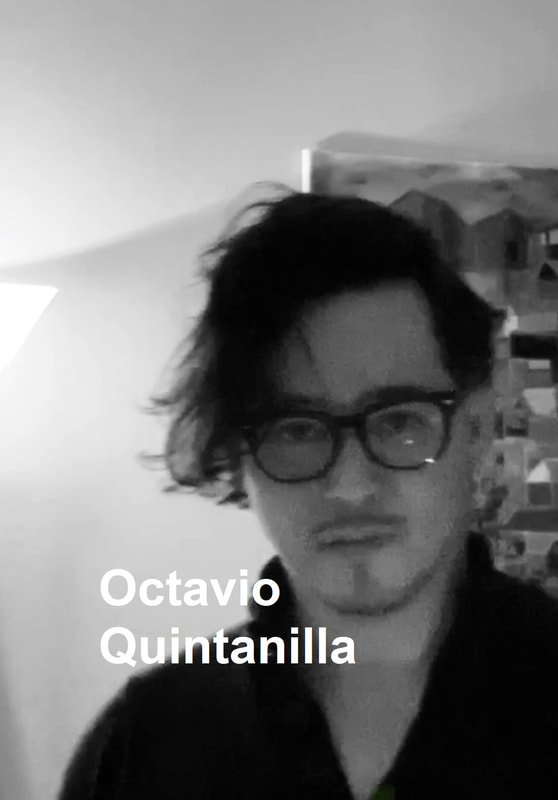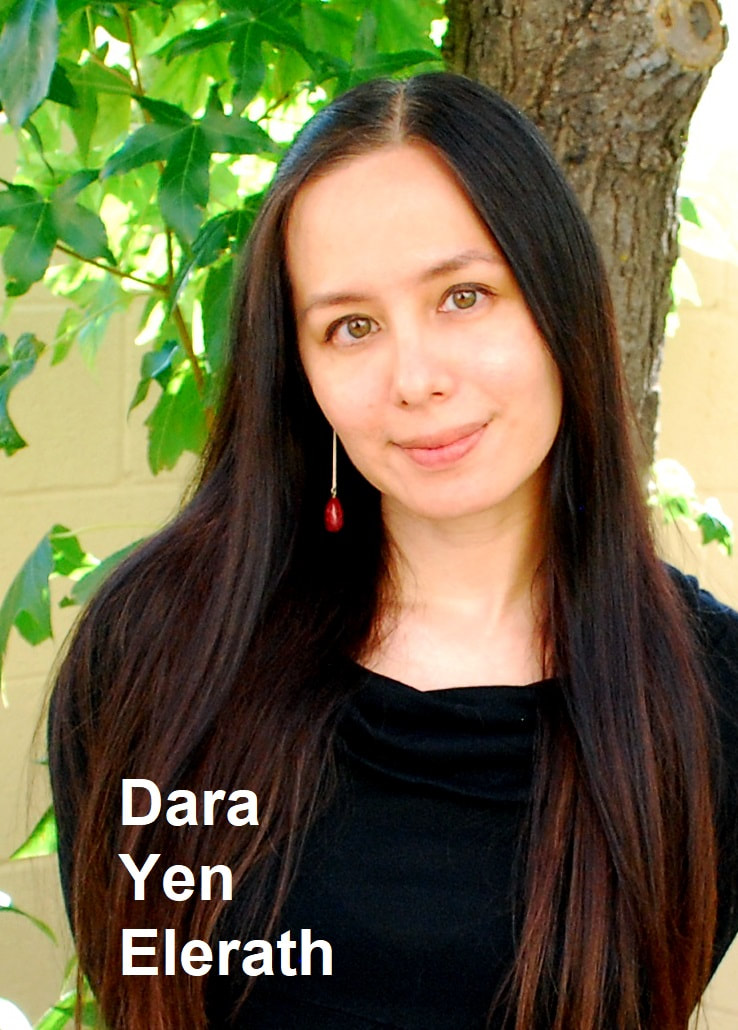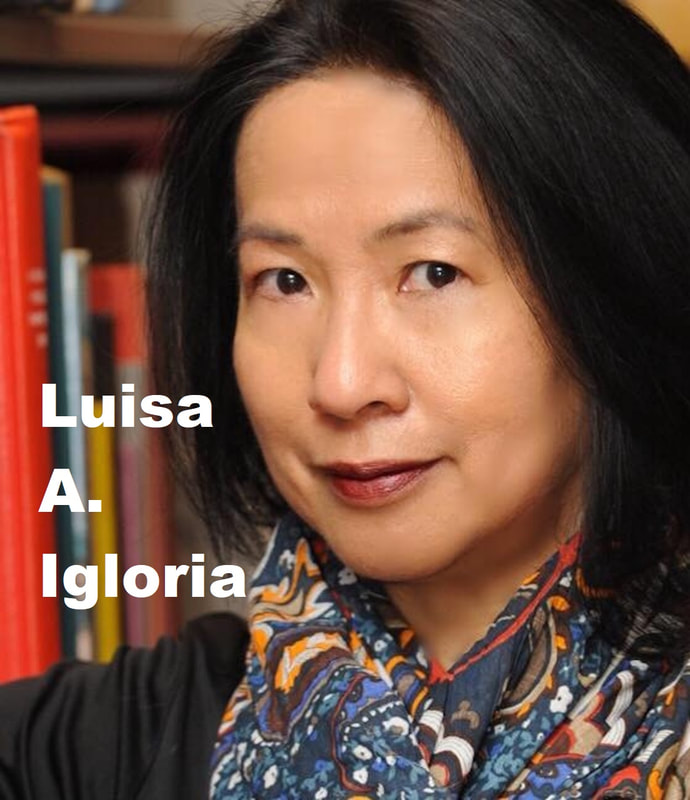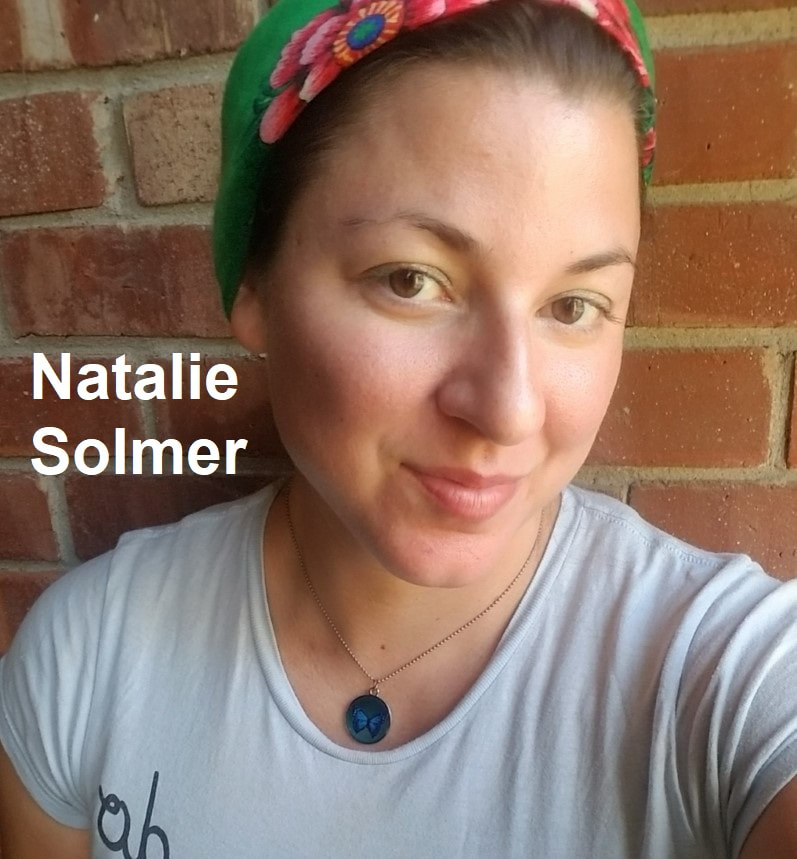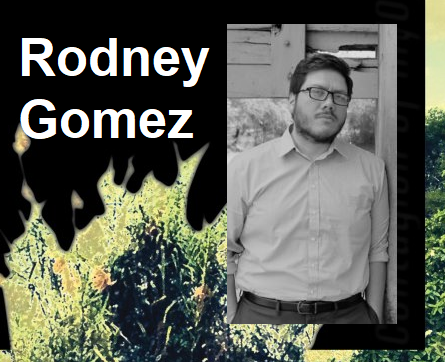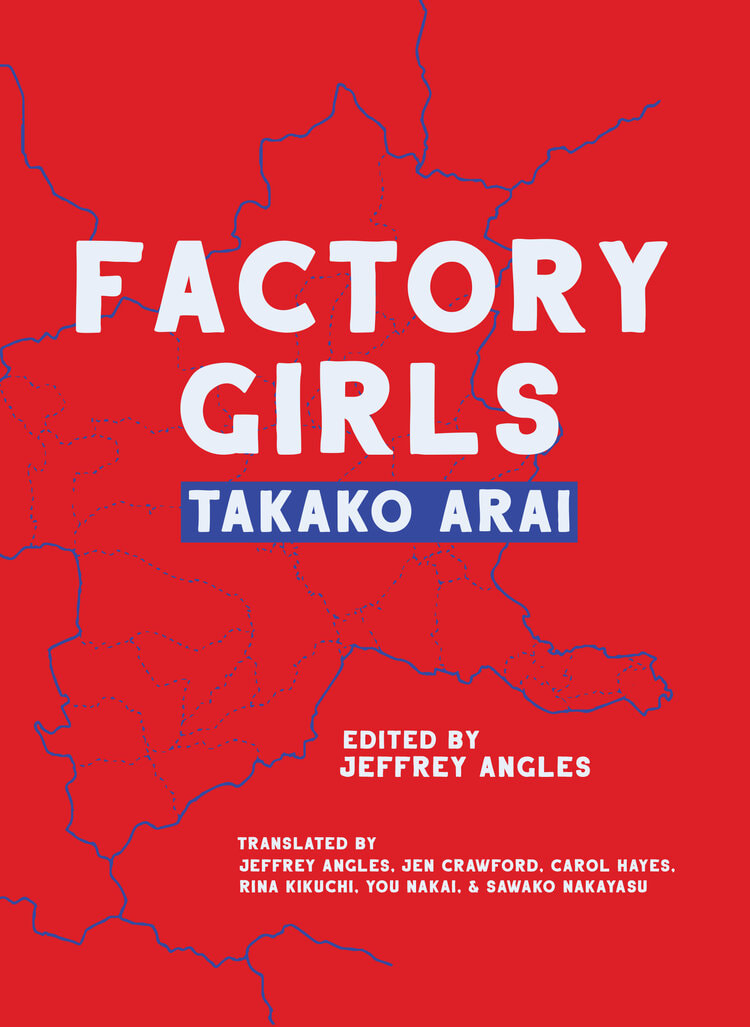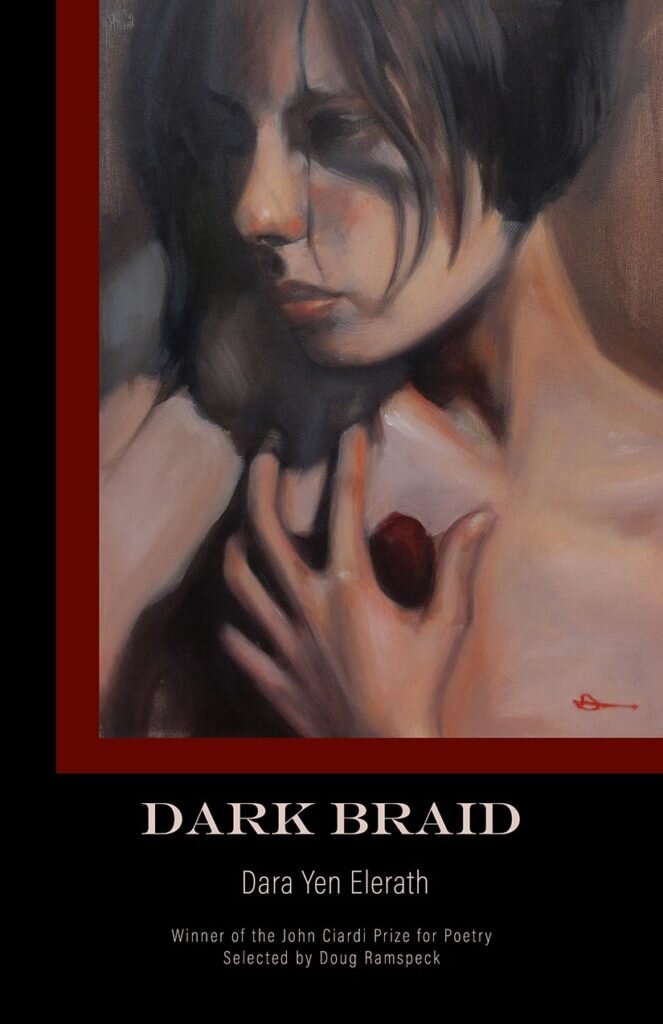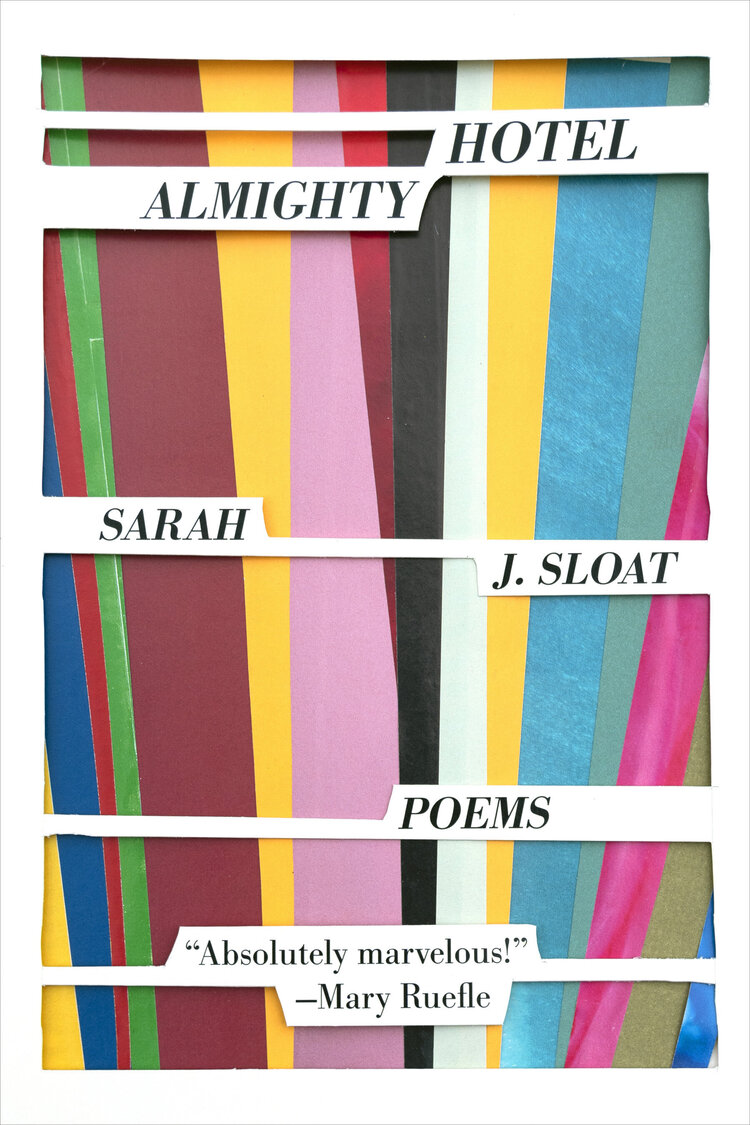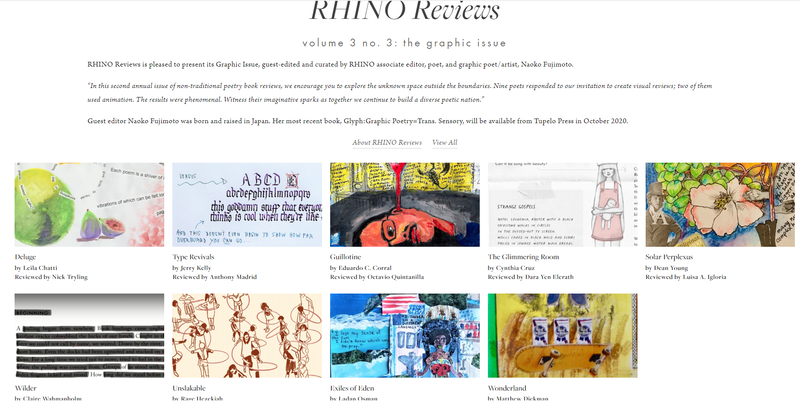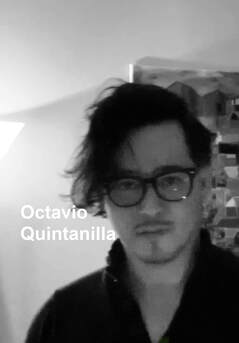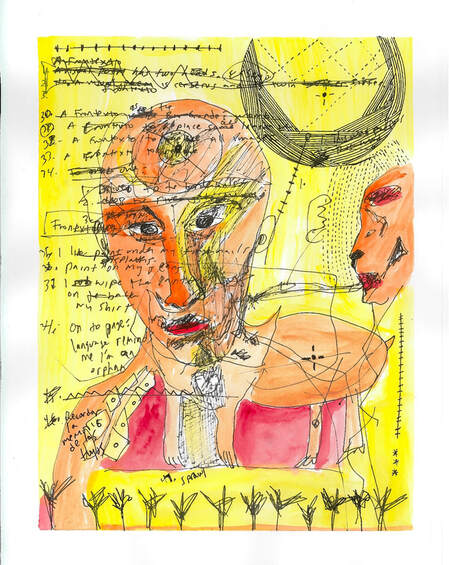|
In 2020, I reviewed five wonderful poetry books and edited the second graphic issue at RHINO Poetry!
Factory Girl by Takako Arai The Trilogy by Bruno K. Öijer Phone Bells Keep Ringing for Me by Choi Seungja Dark Braid by Dara Yen Elerath Hotel Almighty by Sarah J. Sloat Graphic Issue - RHINO Reviews 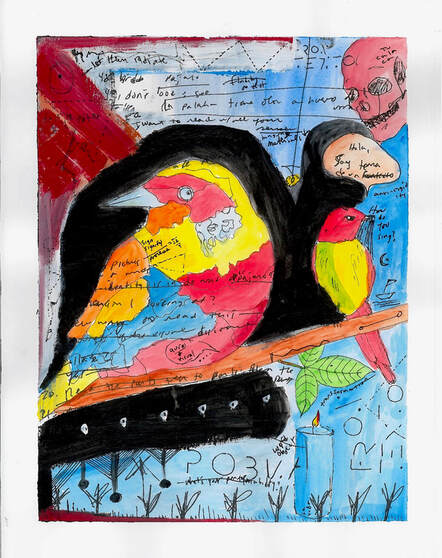 Visual Poem by Octavio Quintanilla - - "The FRONTEXTO, however, was born on January 1, 2018, when I embarked on a creative journey to combine text and image and explore visual poetry (frontexto is a blend of frontera and texto, border/text). Since that day, I have been sharing a frontexto every day on my social media platforms." - - San Antonio Public Library When I saw Octavio Quintanilla's visual poems, I was stunned by how he freely melded Spanish, English, and his cultures in his visual presentation. There were no boundaries in his work. He wrote short personal essays in English and expressed his visual essences with Spanish words - - he endlessly explores and shows his poetic world. His visual poems reminded me how to be myself. I am a Japanese woman, but I tried to write or draw like someone else for a long time - - I wanted to write poems like Louise Glück, paint like Paul Cézanne, or make visual pieces like Anselm Kiefe. In this way, I tried to push away my Japanese identity; perhaps, I wanted to be a perfect English speaker or writer. I totally forgot how much my culture is apart of me. Don't hide. I am thankful that Quintanilla brought me back. I will be reading his piece (the following) in my Twitter for my daily challenge. 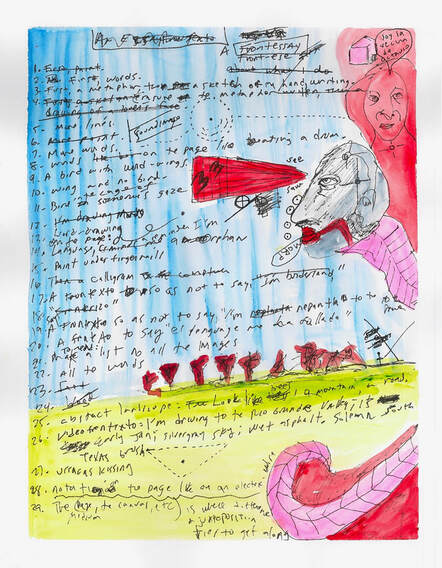 Visual Poem by Octavio Quintanilla - - "These Frontextos are part of “Los días oscuros” (Dark Days), a Frontexto series I started when San Antonio, TX went into quarantine due to Corona-19. This series chronicles, overall, these days of illness, social unrest, and yes, also our days of hope and light." - - St. Philip's College By Octavio Quintanilla This following essay transformed itself in each revision. Just kept changing because, in the end, I didn't want to write a "traditional" sort of essay. So, I started taking notes as if I were creating a frontexto, and indeed, three frontextos came out of that process. Octavio Quintanilla is the author of the poetry collection, If I Go Missing (Slough Press, 2014) and served as the 2018-2020 Poet Laureate of San Antonio, TX.
His poetry, fiction, translations, and photography have appeared, or are forthcoming, in journals such as Salamander, RHINO, Alaska Quarterly Review, Pilgrimage, Green Mountains Review, Southwestern American Literature, The Texas Observer, Existere: A Journal of Art & Literature, and elsewhere. His Frontextos (visual poems) have been published in Poetry Northwest, Gold Wake Live, Newfound, Chachalaca Review, Chair Poetry Evenings, Red Wedge, The Museum of Americana, About Place Journal, The American Journal of Poetry, The Windward Review, Tapestry, Twisted Vine Literary Arts Journal, & The Langdon Review of the Arts in Texas. Octavio’s visual work has been exhibited at the Southwest School of Art, Presa House Gallery, Equinox Gallery, the Weslaco Museum, Aanna Reyes Gallery in San Antonio, TX, Our Lady of the Lake University, AllState Almaguer art space in Mission, El Centro Cultural Hispano de San Marcos, The Walker’s Gallery in San Marcos, TX, and in the Emma S. Barrientos Mexican American Cultural Center / Black Box Theater in Austin, TX. He holds a Ph.D. from the University of North Texas and is the regional editor for Texas Books in Review and poetry editor for The Journal of Latina Critical Feminism & for Voices de la Luna: A Quarterly Literature & Arts Magazine. Octavio teaches Literature and Creative Writing in the M.A./M.F.A. program at Our Lady of the Lake University in San Antonio, Texas. Instagram @writeroctavioquintanilla Twitter @OctQuintanilla |
Archives
July 2024
|
フジハブ
Welcome to FUJI HUB: Waystation to Poetry, Art, & Translation. This is not your final destination. There are many links to other websites here, so please explore them!
Welcome to FUJI HUB: Waystation to Poetry, Art, & Translation. This is not your final destination. There are many links to other websites here, so please explore them!
What are you looking for?
FUJI HUB Directory
Popular Sites:
Gallery of Graphic Poems
Working On Gallery
(Monthly New Article by Writers & Artists)
About Naoko Fujimoto
Contact
Naoko Fujimoto Copyright © 2024
FUJI HUB Directory
Popular Sites:
Gallery of Graphic Poems
Working On Gallery
(Monthly New Article by Writers & Artists)
About Naoko Fujimoto
Contact
Naoko Fujimoto Copyright © 2024
